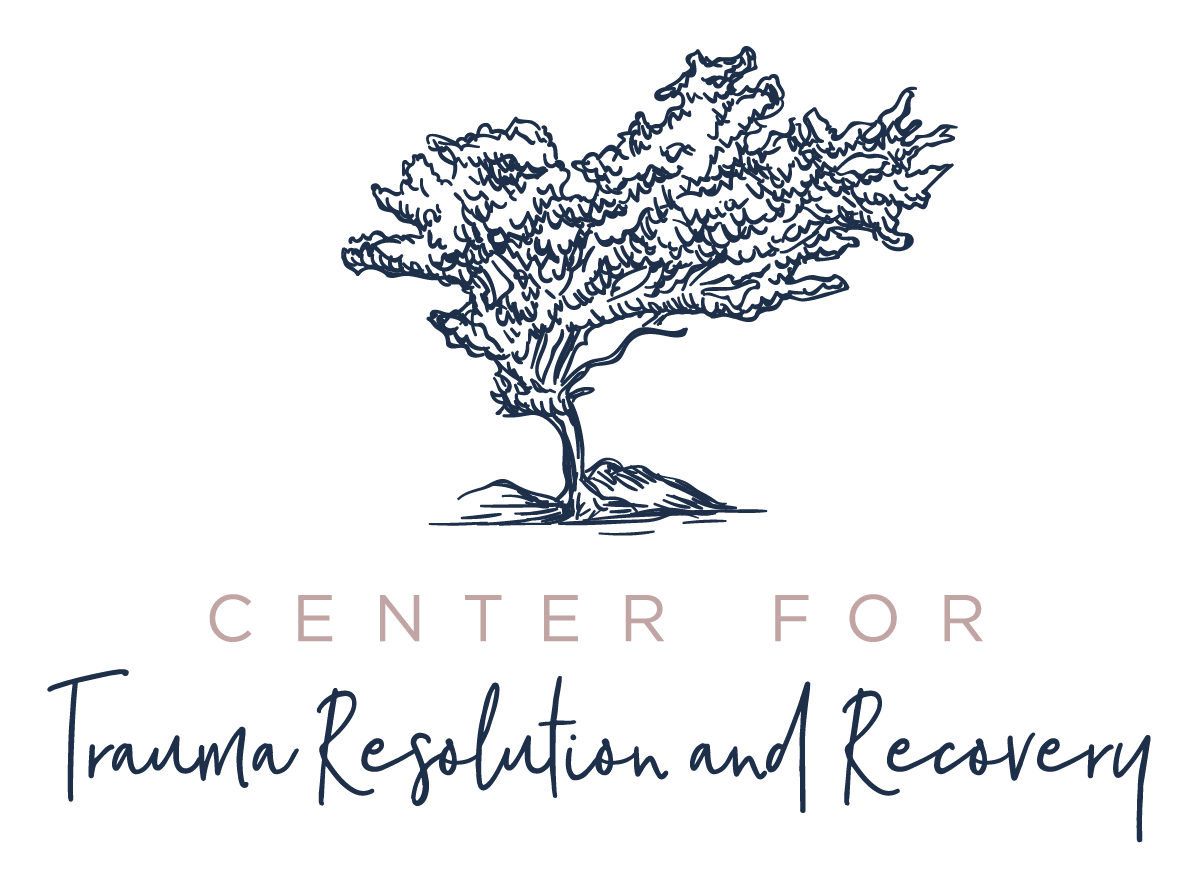Religious Scrupulosity: When Religious Trauma and OCD Intersect
Religious trauma and Obsessive-Compulsive Disorder (OCD) may seem unrelated, but for many individuals they can deeply intersect with each other and exacerbate the impact of both. As a therapist specializing in religious trauma, it has been surprising to recognize how many people who have religious trauma are also dealing with (often undiagnosed) OCD. These are often individuals who were praised for being “good” and for trying so hard to follow all the rules, while underneath they were dealing with crippling anxiety and fear of doing the wrong thing.
Understanding Religious Trauma, OCD, and Scrupulosity
Religious trauma is very simply trauma that occurs within a religious system or from a religious authority. Whether it’s an experience or harm or abuse, or the impact of religious beliefs, practices, or structures, trauma occurs when something overwhelms a person’s ability to cope and return to a sense of safety.
OCD is a form of anxiety that is characterized by unwanted, intrusive thoughts (obsessions) and repetitive or reassurance-seeking behaviors (compulsions).
When someone has experienced religious trauma or harm, and develops OCD, the content of their obsessions can often be tied to their current or past religious beliefs. This type of OCD is often referred to as scrupulosity: a subtype of OCD where religious or moral obsessions take center stage. Individuals may fear being morally corrupt or being punished, and often have compulsions like excessive praying, confession, reassurance seeking, or repeating behaviors until they get it “right,” all as a way to alleviate these fears.
While some of these individuals may have ultimately developed OCD regardless of their experiences with faith or religion, things like trauma, stress, and harm can make OCD more likely to develop, and/or increase its severity. Additionally, because the content of the obsessive thoughts is often around things like disappointing God or fear of hell, it can deeply impact the person’s connection to their spirituality, as it become intertwined with fear and anxiety.
Disconnection from Yourself
One thread I’ve noticed with religious trauma and OCD is the overlap of not being able to trust yourself. In high-control religious environments there are messages around not being able to trust your body, emotions, or intuition, and instead are told to rely on external authorities like Scripture or pastors. Similarly, when OCD takes over it takes away your ability to trust yourself and your own judgment. Instead of finding safety inside yourself, OCD attempts to find safety externally through following certain rules or avoiding risk. One of the most important things I bring into sessions with clients dealing with scrupulosity is to help them begin to identify what voice is their true self, and what voice is the OCD, and to work on building more self-trust.
What Scrupulosity Can Look Like
Every person’s experience with OCD will be very different, but here are some examples of how I’ve seen it show up (no real client names or stories are used here):
Compulsive Prayer, Reading, or Confession- John grew up in a church that emphasized the threat of hell for those who do not accept Christ, and he deeply internalized this message. As an adult, he experiences intense anxiety about whether he is saved. This anxiety manifests as a compulsion to pray for forgiveness and for salvation multiple times a day, and to recite the Sinners Prayer every night before bed. He also reads his Bible as soon as he wakes up every morning, as “evidence of his faith”.
Avoidance of Sin- Sarah has intrusive thoughts about committing sexual sins and is so afraid of her own thoughts that she goes to great lengths to avoid even a hint of flirtation or immodesty. Her fear of immodesty leads her change clothes multiple times before something feels “safe,” and leads her to rehearse conversations beforehand to ensure they are free of any potential for perceived flirtation. She feels intense panic when anyone brings up topics around dating or sex, and flees. Her youth pastor praises her commitment to modesty and to “protecting her heart.”
Moral or Legal Perfectionism- Emmett was raised in a religious community that taught that any form of legal infringement, no matter how minor, was a sin “just like any other sin.” This belief has led Emmett to develop an obsessive fear of accidentally breaking the law. He spends hours reviewing laws and regulations related to her daily activities, such as driving rules, recycling policies, and workplace regulations. Emmett’s need for reassurance leads him to constantly Google search regulations, and repeatedly consult with authorities to confirm he is not committing any offenses.
These examples hopefully give a picture of what living with religious-based OCD can look like, and how harmful religious experiences and messages can intersect with OCD.
Finding Support
If you are wanting to work through religious-based OCD, it can be incredibly helpful to work with a practitioner who has experience in working with both OCD and religious trauma.
Consider looking for someone who has experience with both:
A trauma modality- Working through trauma that may be at the root can be incredibly healing. Some examples of trauma modalities are EMDR, Somatic Experiencing, and Internal Family Systems.
AND
Exposure and Response Prevention (ERP)- ERP is considered the gold standard for working with OCD, as it helps challenge the stuck patterns and rewire the brain.
Understanding and addressing the complex dynamics at the intersection of religious trauma and OCD can be key to moving towards healing and recovery.
Written by: Casey Bain
